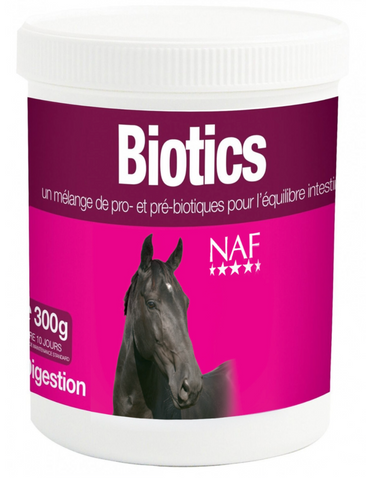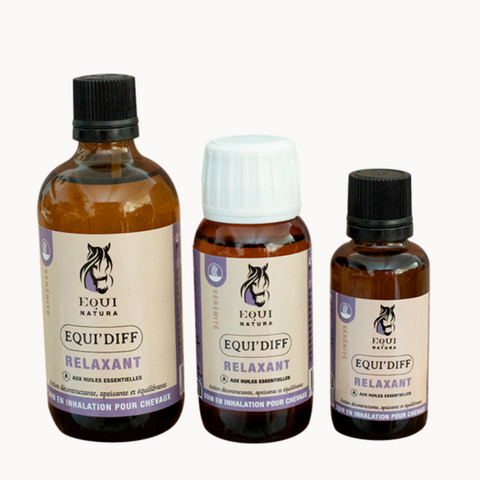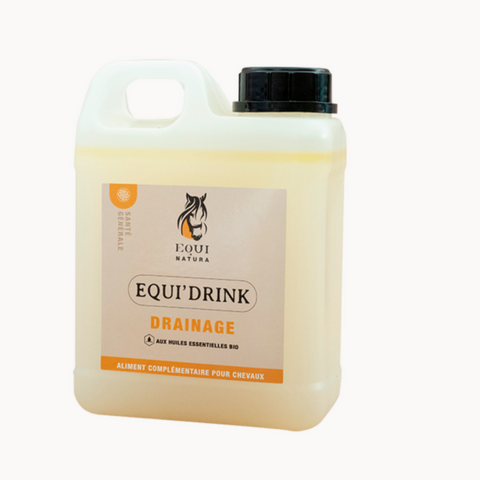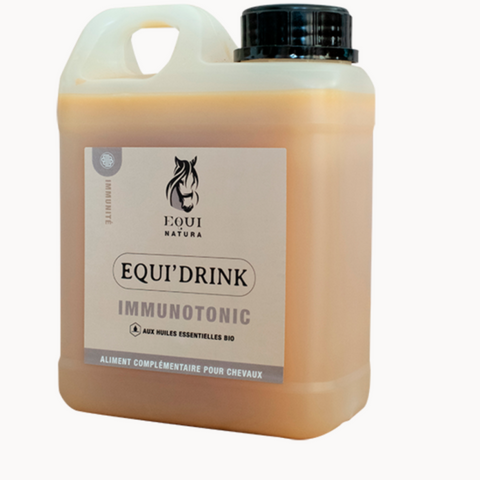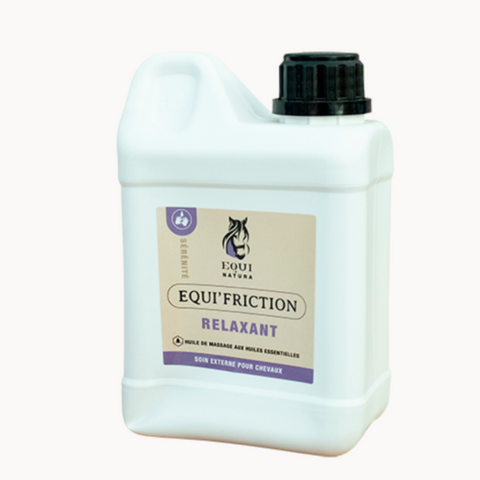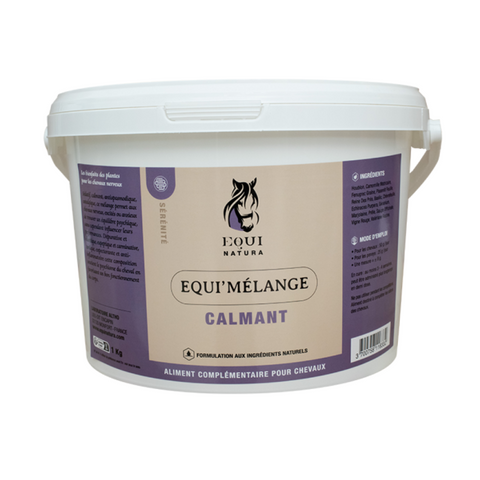Nervous horses
social contact, freedom, fresh air, spending energy playing,
...... the ideal ......
they all need it!
The horse has never managed to fully adapt to modern times, that is to say to a life of training, racing, performances, travel and confinement. This requires the horse to have an enormous capacity to adapt every day. Not all horses can easily adapt to these living conditions and often develop stereotypies (tics).
In “near-blooded” and spirited horses, these circumstances lead to anxiety, nervousness, worry, excitement and uncontrollable reactions. A horse must work calmly and concentrated, but many horses are continually under pressure due to travel, frequent changes in their environment and tests that take place at different times.
For what ?
If a horse is nervous and restless, we must distinguish the case of an animal whose behavior is permanent from one which will only show these signs during trips or competitions. If this is an ongoing behavior, it helps to ask yourself a few questions:
* Is the horse physically and mentally fit for the work required?
*Is there not a medical cause?
* Is the food balanced?
* What is his place in the stable, does he get along with his neighbor? (Never place a cuddly horse at the back of the stable, never place a dominant horse next to a submissive horse, it is not a life for the latter).
* Do you really get along with your horse: understanding is essential to obtain any correct performance.
* Life in a box is unnatural for the horse, some stables are too noisy, provide too many stimuli, some horses tolerate this better than others.
* In terms of food: for a nervous horse, provide hay ad libitum, less starch and proteins and a little more lipids.
* Increased activity, preferably spread over several times of the day, associated with outings to the meadow can already lead to a clear improvement.
Do not forget that...
*horses are very sensitive beings, they pick up on all the hatred and jealousy between riders/owners and have a horror of instructors and staff who shout;
*the rider must be stress-free and confident, the horse feels everything and this has a lot of influence on its behavior, for example nervousness at a competition, outside the horse is afraid of a passing motorbike, because it is the rider who is afraid etc.;
*most foals are weaned too early and start working too early;
*most horses want to work well and please us, but either they don't understand us or we ask them things that hurt them;
*stress in horses constantly leads to a chain of physical reactions (see also the Stress, diseases and its consequences file);
* the good rider/owner is the one who constantly tries to understand what his horse is telling him and is capable of respecting the sensitive being that he is.
What to do ?
It is important to familiarize your horse, from a young age, with the different circumstances he will encounter later. It's easy with some, less so with others.
We can help horses who adapt less well thanks to plants: Calming Equi'mixture which has relaxing and soothing properties
The process of learning and gaining confidence in your master will be facilitated.
These products do not modify performance, that is to say no negative effects on muscular functioning, the horse's physical capacities, its consciousness and its reflexes. On the other hand, the fact that the horse is calmed will allow you to obtain what you ask more quickly.
The correct choice of the appropriate product and dosage is not always easy. The causes are multiple and the effects of plants, which influence the horse's behavior, are varied.
In horses whose nervousness and excitement are associated with muscle stiffness, lack of appetite and sweating, a magnesium deficiency may be considered.
A horse may respond better to one product over another. It takes 4 to 10 days to see the effect of a mixture of dried plants. You always have to experiment.
If your horse does not react at all to a given product within 2 weeks, we recommend trying a product with a different composition.
A (sport/competition) horse can also be excited, agitated due to a digestive system disrupted by the harmful effects of concentrated feed, stress from travel, training, etc. In this case you can give a "basic treatment" with Equi'drink Drainage and Biotics and regular courses of Equi'drink Immunotonic.

